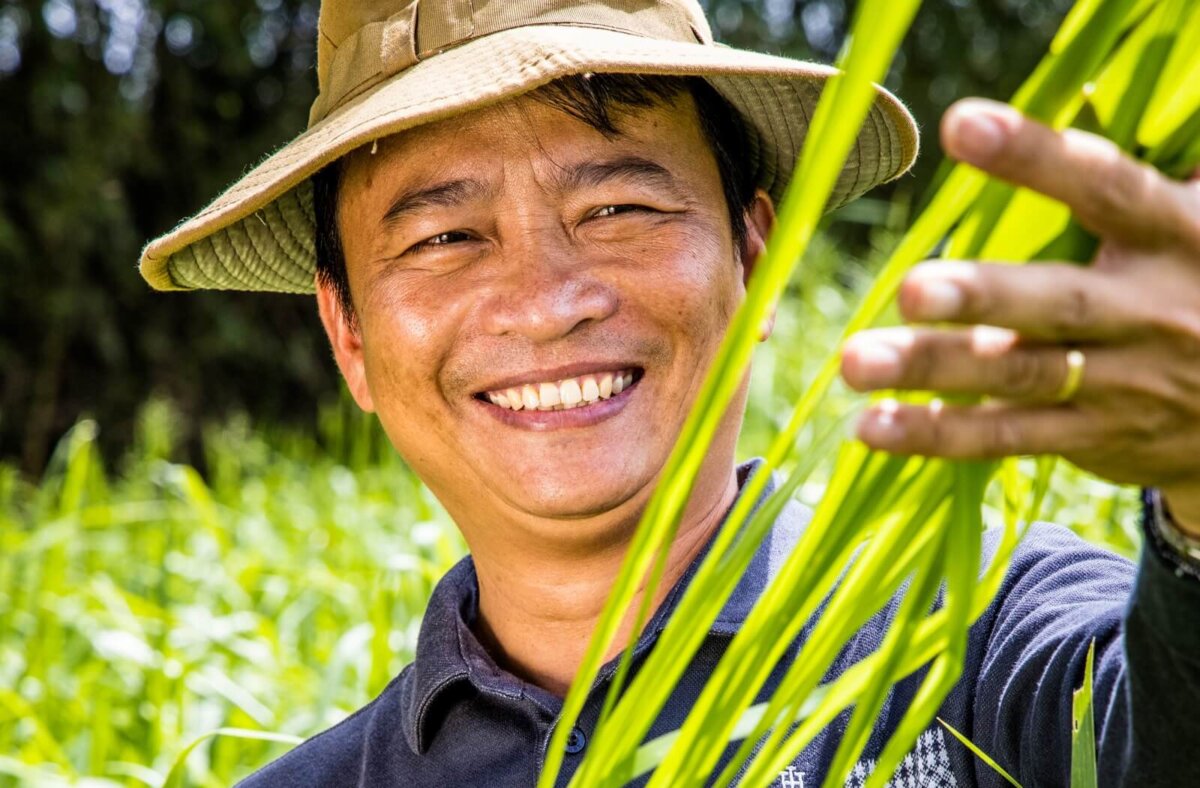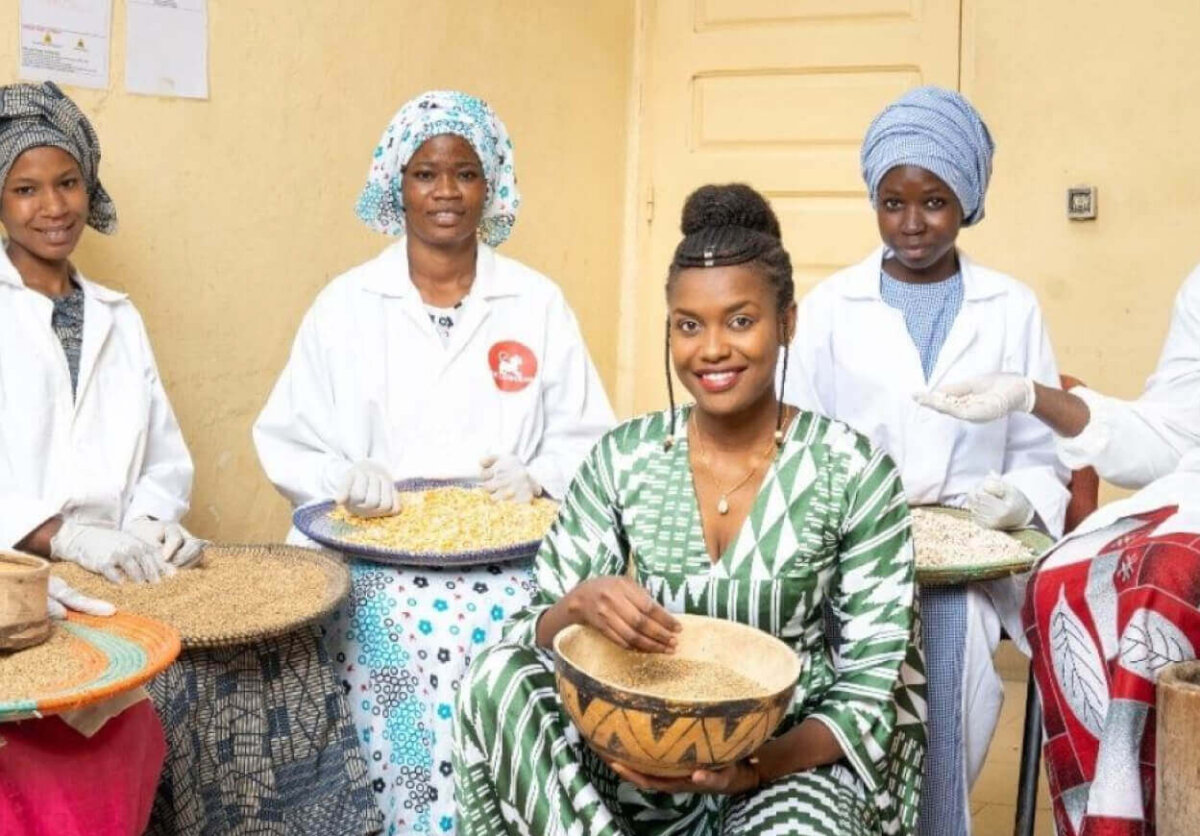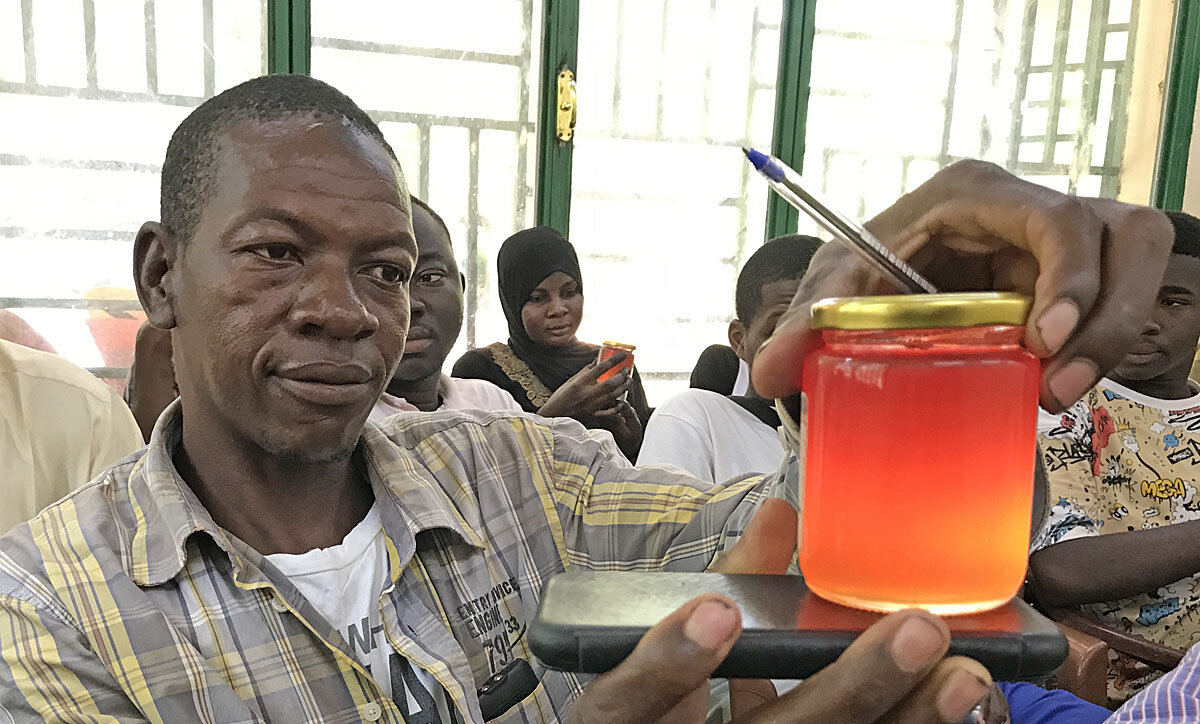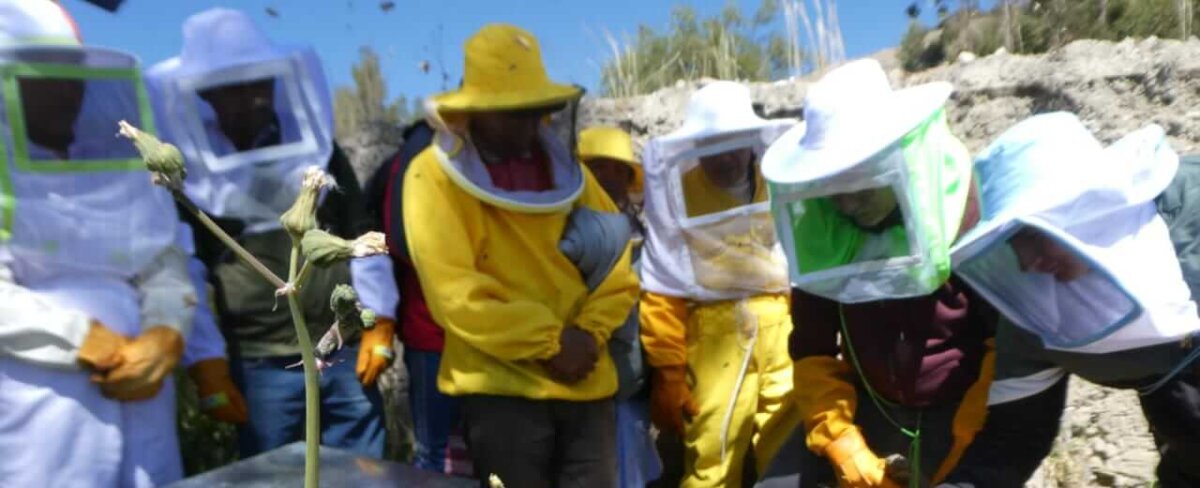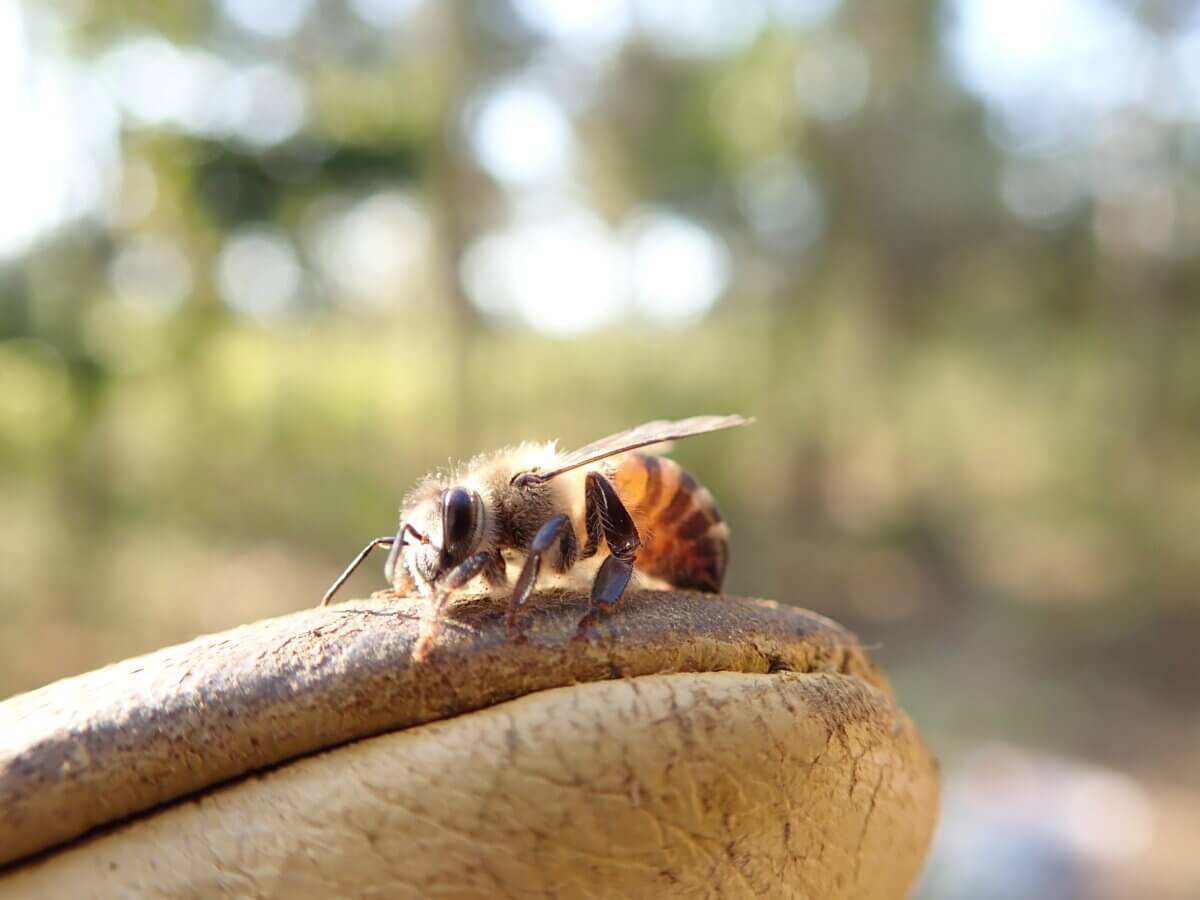- Sectors
- Beekeeping
Beekeeping
Our experts are beekeepers, advisors and teachers who have been working in the Dutch beekeeping sector, some of them with considerable international work experience. They advise on all aspects of beekeeping, making use of advanced equipment, and also of state-of-the-art methods to cultivate, harvest and market honey.
Keeping bees is practiced by hundreds of people in the Netherlands as a profession or a hobby. Together, Dutch beekeepers have 40,000 to 80,000 beehives spread all over the country. By managing their hives, they ensure the pollination of all sorts of vegetables, fruit and seed crops.
The annual total beekeeping turnover for the Dutch economy is estimated at 1 billion euro. However, the income of the beekeepers for this service is relatively low and the economic yield of the honey is also negligible in comparison with the contribution honeybees make to agriculture and horticulture. Furthermore, the honeybee is also very valuable for nature in the Netherlands. Honeybees pollinate about 15% of wild plants. Some of these plants mainly depend on honeybees for seed formation and thus for their survival. This makes man-kept bees crucial for biodiversity in nature. The beekeeping profession has changed drastically since the Industrial Revolution due to the influx of machinery. And as time has progressed, the machinery that has been developed has become more advanced and affordable. Equipment like honey extractors, wax extractors, bee smokers, presses, filters, storage equipment and protective clothing have advanced. These innovations have made beekeeping affordable, profitable and easier to do.
Beekeepers, advisors and teachers who have been working in the Dutch beekeeping sector, some of them with considerable international work experience, are experts at PUM. Not only is their equipment very advanced, but their methods used to cultivate and harvest the honey are state of the art as well.
Areas of expertise
PUM’s beekeeping experts are eager to assist beekeepers and other stakeholders in the beekeeping sector with a range of beekeeping issues:
- Overview of apiary location and management
- Various bee species
- Mites and parasites, diseases and treatment, hygiene
- Pollination
- Supervision of quality control in various aspects of beekeeping and honey production; standardisation of types of honey
- Value added bee products: wax, pollen, propolis, royal jelly, venom and other processed products
- Supplemental nutrition
- Hive and bee management: queen breeding and queen selection, swarming, dividing, etc.
- Protective clothing
- Construction of beehives and beekeeping equipment
- Bee biology, lifecycle and bee species & races
- Types of bee hives
- Hive management, preparation & maintenance
- Monitoring bee colonies, tools & equipment
- Site selection of apiaries
- Ecology of bee meadows, bee gardens
- Pests, diseases and other nuisances
- Ecological safe treatments
- Harvesting, extracting/processing honey
- Extracting other hive products
- Queen rearing and production
- Record keeping and analysis
- Marketing bee products (adding value)
- Training, extension services
Client examples
Improving knowledge & skills
The requesting party entered into a multi-year agreement with PUM in order to improve the knowledge and skills of local capacity builders, technicians, master beekeepers and beekeepers. A number of Dutch experts gave advice on bee products, beehive production and other aspects of beekeeping. Training sessions, theoretical as well as practical, were organised and conducted for capacity builders as well as for master beekeepers and technicians. This led to a better performance of the local beehives. By paying more attention to hygiene and cleanliness, bee diseases were prevented. It also resulted in better methods for the harvesting, processing and marketing of bee products.
Beekeepers training
A beekeeping association was expanding, because there was considerable interest in beekeeping among farmers in the surrounding area. Beekeeping was genuinely assisting farmers in raising their incomes. However, the members of the association lacked beekeeping knowledge, skills and experience. A PUM expert consulted with the management of the association and individual members on all aspects of beekeeping, from hive management to the harvesting, processing and marketing of honey. Furthermore, members of the management team attended a training course in the Netherlands.
Quality improvement
The applicant is a company that processes honey originating from small beekeepers who are members of different associations. These associations are essential for the wellbeing of the beekeepers. The company was suffering from the fact that it could not ensure a reliable supply of bee products of good quality. The PUM expert discovered that most of the colonies were severely infected with diseases. It was so severe, that together with the requesting company, he liaised with the Ministry of Agriculture to inform the authorities about this disturbing situation. Together with a lecturer at a university and the chairman of the National Society of Beekeepers, the expert drafted a comprehensive report for the benefit of the Minister of Agriculture to address this serious issue. Ultimately, not only the company benefitted from the presence of the PUM expert but also a wider group of stakeholders.
Professional people for positive impact
Looking to grow your business or organisation sustainably and build a brighter future for your community? Contact one of our representatives in your country for criteria, more information and guidance on the application process.

